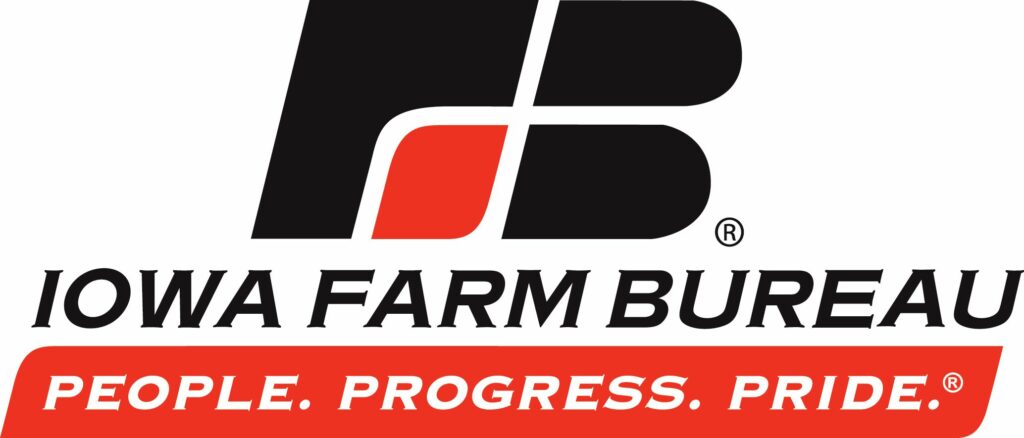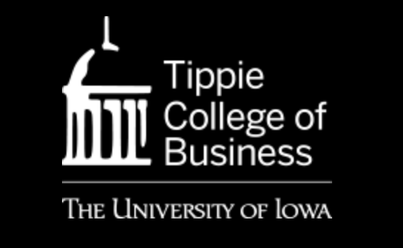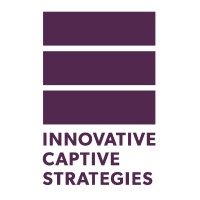Qualified Plan Consultants keys on 401(k) trends

When small business owners learn about the financial benefits they can gain by optimizing their companies’ retirement plans, it can be quite eye-opening, say Mick Fouts and Tom Lastuvka, co-owners of Qualified Plan Consultants LLC. (QPC)
In one instance, by combining a 401(k) profit-sharing plan with a “cash balance” plan, one of their clients was able to save more than $100,000 in income taxes in one year, Lastuvka said.
“When we show owners what they can put aside each year, and what they have to pay into their employees’ accounts to get there, it’s a very powerful sales piece,” he said. In the above instance, the business owner achieved the savings by adding just $16,000 to his annual share of his employees’ combined 401(k) and cash balance accounts. (See chart)
West Des Moines-based QPC specializes in retirement plan design and third-party administration for small businesses with up to about $10 million in annual revenues. The 8-year-old company now serves more than 1,000 employers with a staff of 15 employees in West Des Moines and a three-person office in Omaha.
According to data from Retirement Resources Inc., third-party administrators will handle approximately $36 billion in business this year, or about 40 percent of the overall $89.4 billion 401(k) market. Smaller companies are even more likely to work with third-party administrators (TPAs) because they like the local connections and service. A study by Brightwork Partners LLC, a research advisory firm in Stamford, Conn., found that 60 percent of businesses with less than $1 million in their 401(k) plans work with TPAs rather than larger companies that provide “bundled” services.
Huge opportunity
Nearly half of small businesses in the United States with 100 to 250 employees don’t offer 401(k) plans, and among businesses with 10 to 50 employees that figure increases to 76 percent, according to Retirement Resources, an advisory firm based in Overland Park, Kan.
“We see that as a huge opportunity for us, because we do a lot of start-up plans every year,” said Fouts, whose firm is one of about a half-dozen TPAs based in Greater Des Moines. “We’d love to sit down with those owners and financial advisers and gather their (employee) census data and find out their objectives.”
In some instances, a financial adviser or certified public accountant may have recommended setting up a Simple IRA or a Simplified Employee Pension plan rather than a 401(k), “which really can be a bad piece of advice,” Fouts said. Such plans have much lower contribution limits than 401(k) plans, so owners would miss out on a lot of retirement savings and tax reduction opportunities.
In other cases, “what we find is that a plan design that was put in place five years ago has never been revisited,” Lastuvka said. “It was good for them at that time, but it may not be meeting their needs for today. They may have changed advisers or funds, but they forgot to go back and look at the reason they put a retirement plan in place.”
Financial services companies such as Principal Financial Group Inc. and Transamerica Corp. that traditionally offered bundled retirement retirement products and services are now working more closely with TPAs such as QPC.
“Many of these bundled providers over the last couple of years have been making a huge push to reach out to work with firms like ours, because they recognize the value of this type of arrangement,” said Fouts, who serves on national TPA advisory boards for both Principal and Transamerica. “Plus the fact that they realize the benefit to their bottom line in working with us.”
Last week, Principal extended an expense allowance program that it launched in August 2010 to expand its TPA relationships. The program provides between $1,000 and $5,000 to offset plan installation fees for small businesses that establish a 401(k) plan using selected TPAs. The allowance is available to start or transfer defined contribution plans sold through the end of this year.
Because approximately 40 percent of small companies are now using TPAs to establish 401(k) plans, “it just seemed we were doing them a disservice by not doing a better job of it,” said Jeff Schreiber, vice president of TPA business development at Principal.
Schreiber said the allowance program has proved successful for Principal, which has seen a 50 percent year-over-year increase in potential new 401(k) clients, along with a nearly 50 percent increase in sales through TPAs since spring 2010.
“This is a new opportunity for us, and it’s something we’re very happy to be a part of,” he said.
A little insulated
Unlike some third-party administrators that offer a “bundled” approach, QPC limits its role to plan design and administration, and works with larger companies that provide the financial planning and actual retirement savings vehicles. The company’s consultant-based business model allows each party to specialize in its strengths, Lastuvka said.
“If the plan sponsor is unhappy with any piece of it, they can just insert a new adviser or third-party administrator and keep the rest of it intact,” he said. “So you don’t have to throw out the baby with the bath water, so to speak. We all have our feet to the fire; we know we have to perform because we can be replaced.”
Many TPA firms across the country have been hit hard by the recession, Fouts said, losing between 20 and 40 percent of their business. In many cases, it wasn’t because the client shut down a plan; it was because the company went out of business, he said.
“Here in the Midwest, we’ve been a little insulated from that,” he said. “We’ve had some companies that have gone out of business or have merged, and we did have a handful that shut down their safe-harbor (retirement contributions) or regular matching for a time. But now we’re finding that most are back doing their matching, because they otherwise couldn’t put in the contribution level (the owners) wanted to put in.”
Small businesses can obtain valuable advice through a relationship with a TPA, Fouts said. A good example is QPC’s expertise in cash balance plans, a retirement plan option created in 2006. That type of plan, in which employer contributions can be set up as either a percentage of pay or a flat dollar amount, is well-suited to highly paid professionals such as dentists or lawyers who earn $250,000 or more per year and employ a small staff.
Under such a plan, employees are eligible to receive their vested portion when they leave the company. If the plan’s investment earnings exceed the guaranteed rate, the excess is used to reduce future employer contributions. Conversely, if investment earnings are less than the guaranteed rate, then future employer contributions are increased.
Fouts and Lastuvka have found the vast majority of small business owners they approach weren’t aware of the availability of cash balance plans.
“We’re trying to get the word out, ‘Hey, these are out there, and it’s a great supplement to a 401(k) plan,’” Fouts said.












